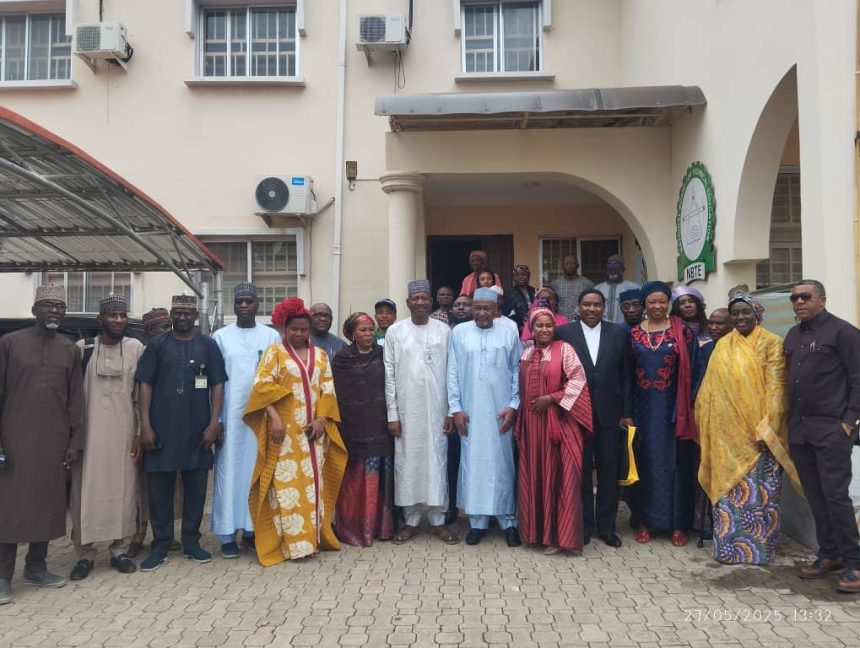The National Board for Technical Education (NBTE) has inaugurated the Creative Media Sector Skill Council to address widening skill gap in the creative media industry.
Executive Secretary of NBTE, Prof. Idris Bugaje, while speaking in Abuja on Tuesday, said that the inauguration made it the 20th sector skill council established under Nigeria’s Skills Qualification Framework (NSQF).
According to him, the move is part of a nationwide strategy to standardise skills training and certification, ensuring that young Nigerians are equipped with industry-relevant competencies.
“The creative media industry is a dynamic and promising sector that holds tremendous potential for Nigeria’s economic growth.
“This council will be private-sector driven, with at least 90 per cent of its membership coming from industry practitioners who truly understand the competencies needed,” he said.
Speaking at the occasion, a Nollywood veteran, Francis Duru, said that Nigeria must shift from focusing on mere credentials to competence, emphasing that skills, not degrees, were the true currency of today’s creative economy.
Duru called for mentorship programmes, master-classes and stronger industry-academia collaborations to institutionalise on-the-job knowledge.
“Every production is a school that will never happen again. We must be deliberate in transferring this knowledge so it doesn’t die with us,” he said.
Speaking on the roles and responsibilities of the skills sector, the Director, Vocational Training and Skills Development of NBTE, Mr Suleiman Yusuf, stressed the need for the skill sector to identify and develop more responsive provision to meet business needs.
In her acceptance speech, Chairman of the council, Hajiya Fatima Abubakar, emphasised the need for recognising and institutionalising experiential skills developed outside a formal education system.
“Many of our professionals, including broadcast engineers, animators and sound designers, are self-taught. Their contributions are vital, yet the current academic system does not certify or incorporate them.
“This has created a disconnect between what is taught in classrooms and what is needed in studios,” Abubakar, the Chief Executive Officer of Zamani Media College, said.
She shared some personal stories, including that of her son, who, she said, dropped out of school due to lack of alignment between his talents and the academic curriculum.
Abubakar also highlighted her own challenges in gaining acceptance in the academia in spite of her 18 years of experience and dozens of TV productions.
She stated that most young Nigerians were seeking for opportunities to unleash their creativity.
“We must make this industry attractive to them by recognising their talents, validating their skills and providing clear career paths for them,” Abubakar said. (NAN)











